
The first year of the league’s sustainability initiative showcases major progress in waste diversion, energy use, and water conservation.
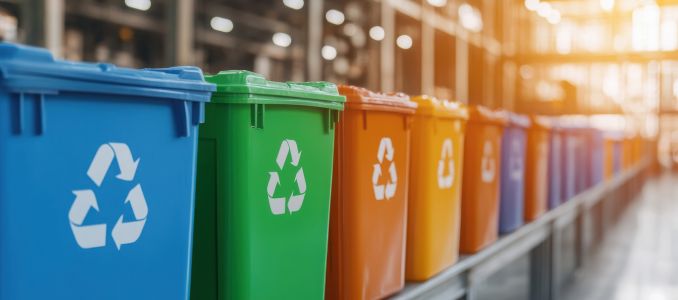
The bill sets the stage for a statewide EPR program to improve recycling access and hold producers accountable for packaging waste.
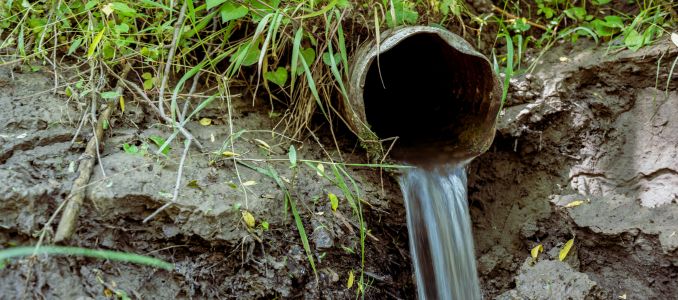
Public input is now open through May 19 on a proposed 2026 permit regulating industrial stormwater discharges across select U.S. regions.
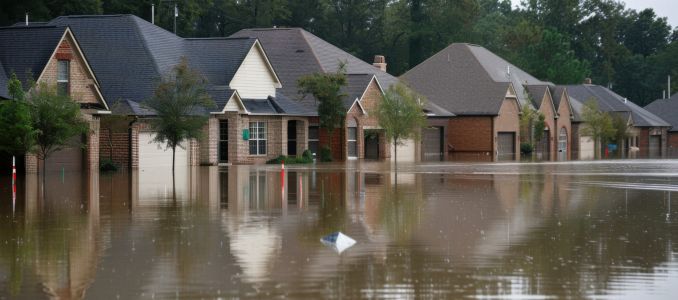
New York advances the Rain Ready Act to help local communities manage stormwater and prepare for increasingly severe flooding.
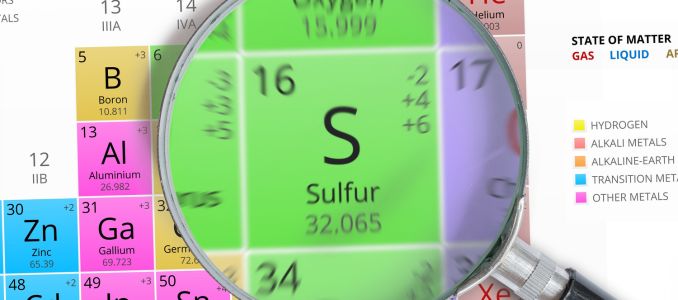
EPA investigates controversial startup for unauthorized sulfur dioxide releases in climate cooling scheme.

The EPA is launching a new scientific review to assess potential health risks of fluoride in drinking water following recent findings linking high exposure to lower IQ in children.
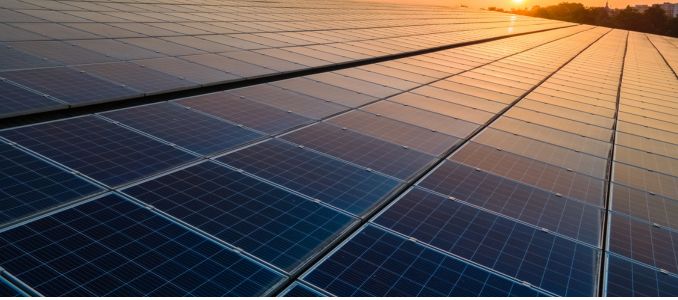
Solar power is cleaner than fossil fuels, but its environmental costs need smarter, safer solutions.

UV disinfection offers a safe, compact, and energy-efficient way to neutralize harmful pathogens without affecting water taste.

The EPA has completed hazardous material cleanup at the Lario Staging Area with no environmental impact.

Non-toxic paints offer a healthier, eco-friendly alternative to traditional paints, improving indoor air quality and supporting sustainable living.

Ensuring access to clean water after natural disasters is vital, as damaged infrastructure can leave communities at risk of dehydration and disease.

Relocation is more than just logistics; it’s an opportunity to rethink the plastic waste that’s become synonymous with the process and explore whether a sustainable, plastic-free move is truly achievable.
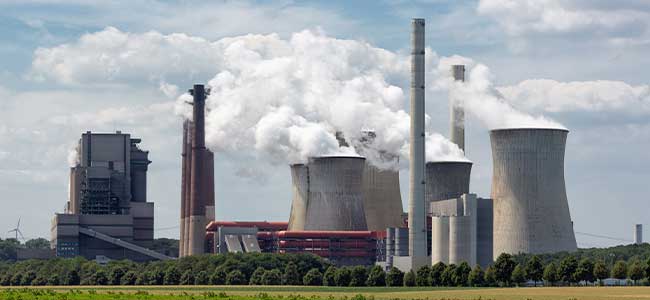
The EPA and Springfield, Illinois, have agreed on measures to address coal ash contamination at CWLP facilities near Lake Springfield.
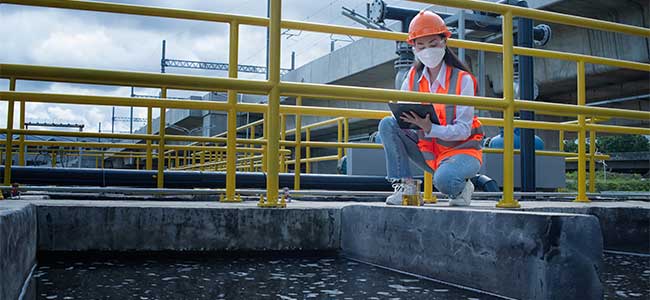
The Oasis Mobile Home Park operators must address arsenic contamination and wastewater issues to meet EPA standards.

Innovative strategies integrating technology, nature-based solutions and community involvement are essential for managing India's coastal zones sustainably and enhancing their resilience to environmental and socio-economic challenges.
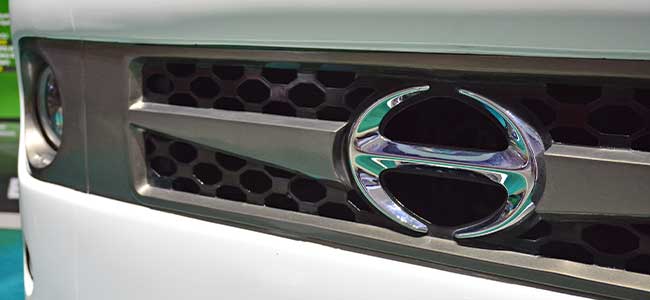
Hino Motors will pay over $1.6 billion in fines and penalties after admitting to falsifying emissions data and violating U.S. environmental laws for more than a decade.

The EPA will provide small businesses with $2.4 million to support the development of innovative technologies addressing environmental challenges.
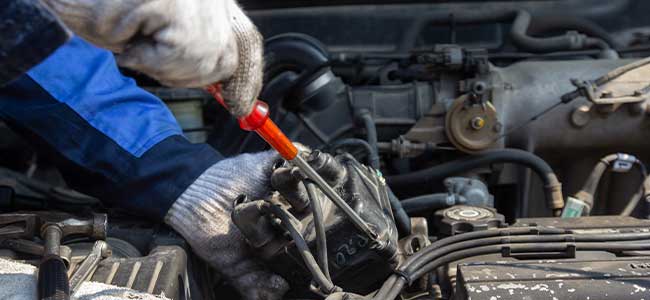
Meyer Distributing will pay $7.4 million and fund a $1.2 million clean air project after selling illegal emissions defeat devices.
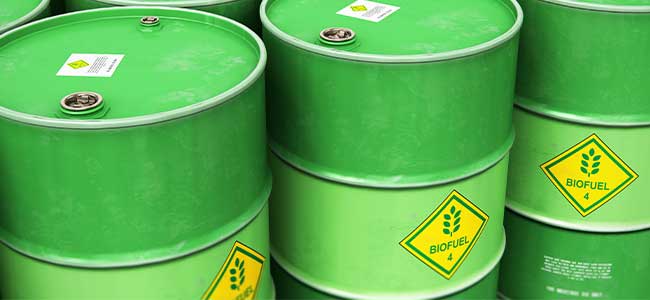
The DOE and EPA have allocated $6 million to support biofuel technology advancements.

Two truck stops in Iowa and Missouri agreed to pay over $390,000 for alleged violations of federal regulations.